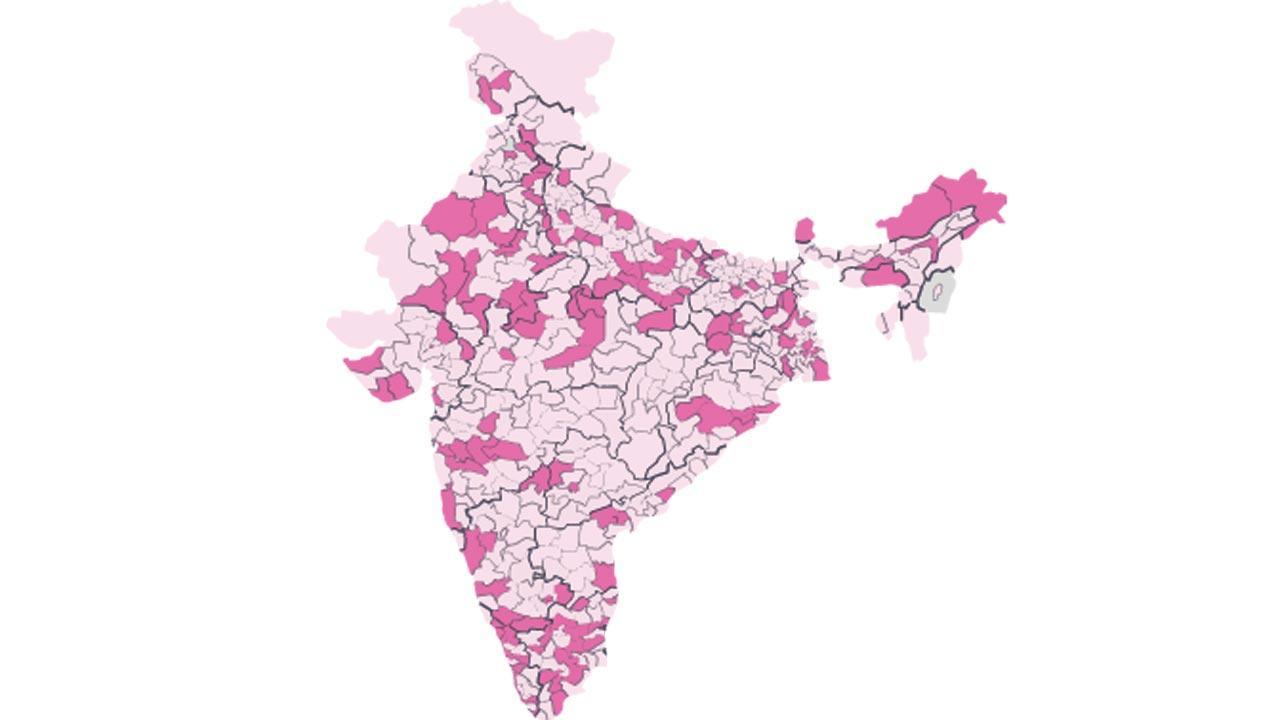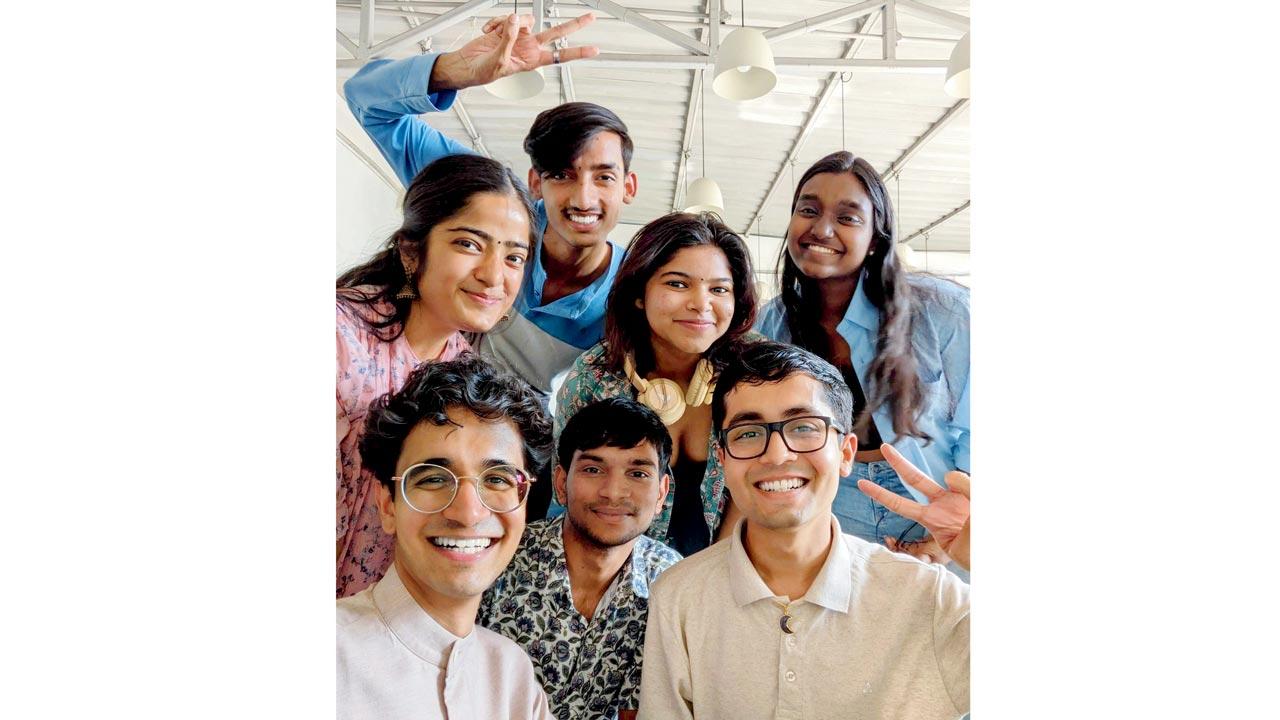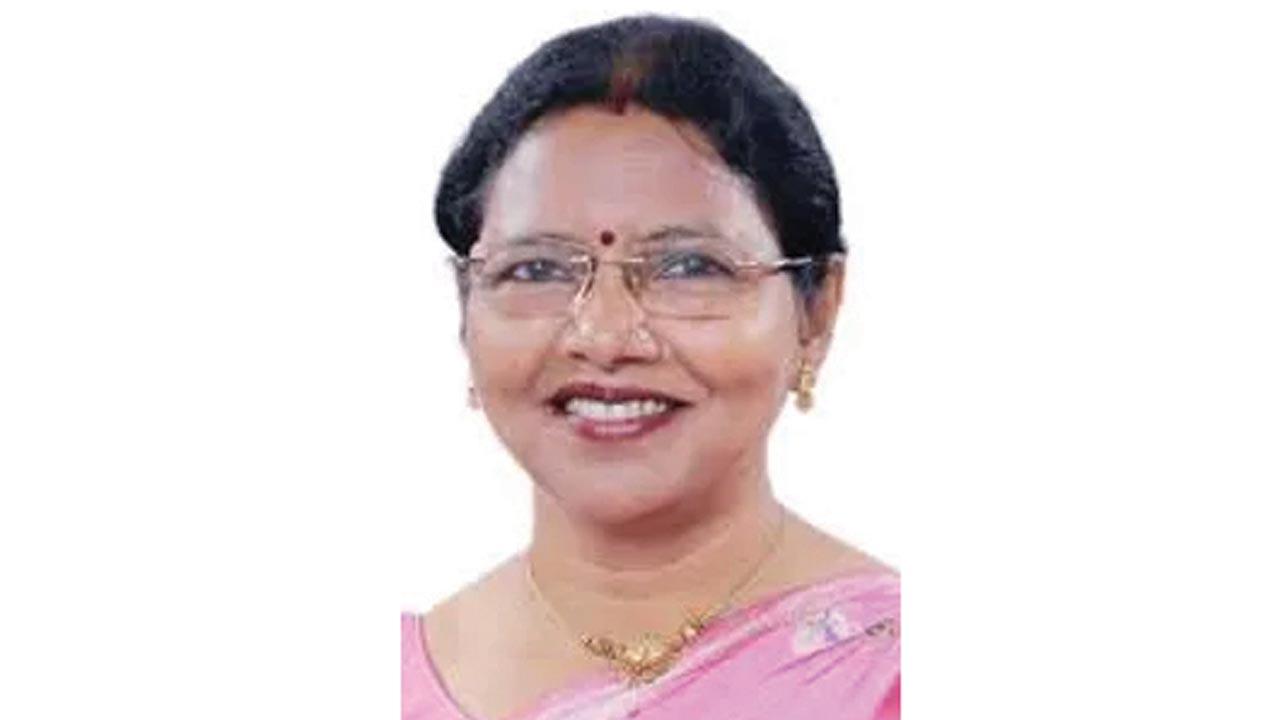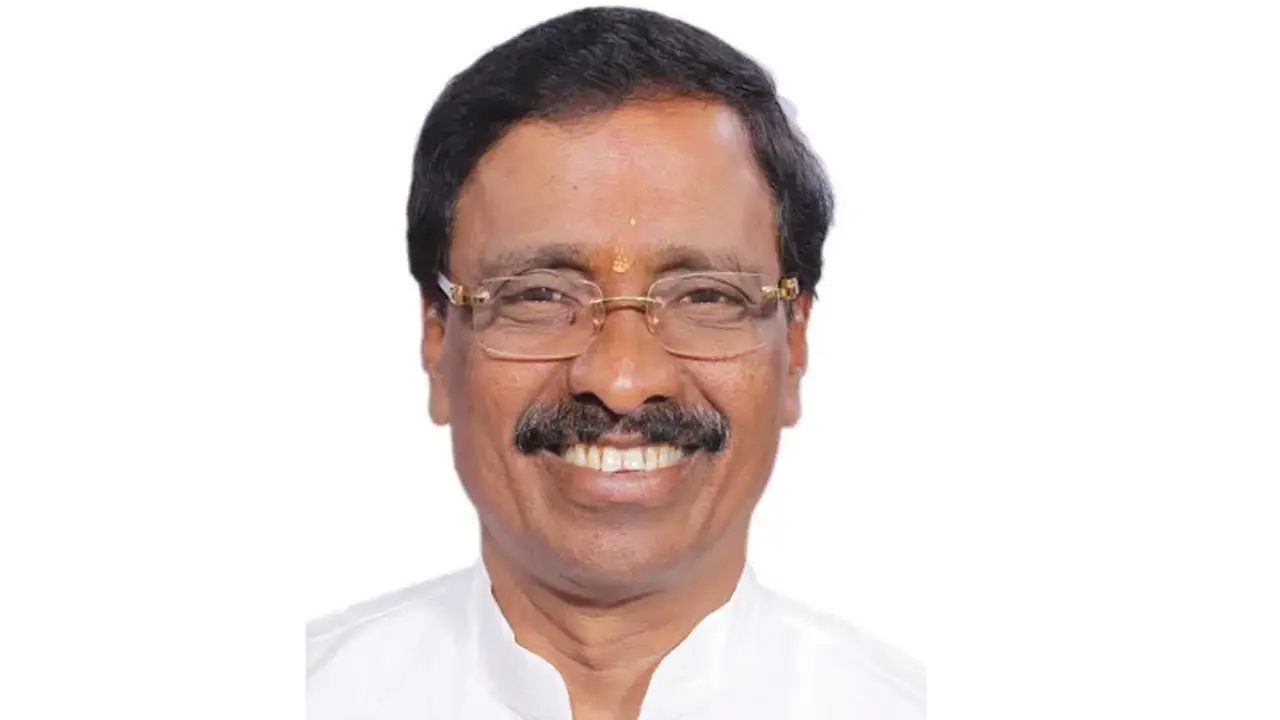Pink List India documents every current Parliamentarian’s stand on LGBTQi issues. Its founders tell us about why this ‘invisible’ work is crucial

The ‘State of the Qunion’ is a map created by the founders of Pink List India, to highlight what MPs in your constituencies think about LGBTQi rights. Areas in hot-pink denote that the parliamentarians in that region have an opinion on the issue, while the light pink indicates MPs who have been silent
We knew we might be cited, but when it happened I still thought to myself, ‘It wasn’t all a waste of time was it?”, says 26-year-old Anish Gawande cheekily. A Mumbai boy, Gawande is the founder of Pink List India, a group that has been tracking every statement made by every Member of Parliament (MP) on the LGBTQi community for the last five years—in support of, against or not at all.
ADVERTISEMENT
The group catapulted into national consciousness when lawyer Anand Grover cited them in his argument in Supreme Court when pre-empting the government’s argument that the decision on same sex-marriage should be left to Parliament. “I have given [to the court],” he said on April 24, “a document by… the Pink List India and they have been observing and monitoring what is happening to LGBTQi issues in Parliament and there has been no positive response…”
On April 26, the government made the official plea that the final decision should be left to the elected representatives of the people, citing the issue to be “too complicated” and that “only Parliament can envision several situations that may arise and provide for its regulation. It would be impossible for the court to conceive of all situations”.
 Pink List India co-founder Anish Gawande (bottom left) with volunteers at the recent hackathon held in Delhi. Around 10 volunteers worked for four hours in a row to get data on what MPs have said on LGBTQiA issues
Pink List India co-founder Anish Gawande (bottom left) with volunteers at the recent hackathon held in Delhi. Around 10 volunteers worked for four hours in a row to get data on what MPs have said on LGBTQiA issues
On Pink List India’s website (www.pinklistindia.com) is a map of the country, labelled ‘State of the Qunion’, which throws up what any MP has said on issues concerning the queer community: Same-sex marriage, equal rights for transgenders—it also mentions MPs who have, conspicuously, remained mum.
Grover had directed the Supreme Court to the map in the Pink Sabha section of the website that has a pop-up “report card” for each MP in every state. It grades them in six “subjects”—Spoke up on Trans Rights, Spoke up on LGBTQiA+ Rights, Opposed Section 377, Supported Section 377, Pushed to Amend Trans Act, Supported Regressive Trans Act and Homophobia/ Transphobia. It also details what the MP said or how they voted when a related legislation was introduced in Parliament.
The map has two shades of pink, a hot pink to signify positive and light pink for those who remained silent on the issue.
 Smriti Deora
Smriti Deora
The List’s origin story starts in 2019, when Gawande was part of the Maharashtra assembly elections and ran into Smriti Deora, who was his senior in school.
“Gawande wanted to create a tool that told the community what their MPs said about them,” says Deora, a brand strategist, “I said why the hell not!?” The 28-year-old is now the creative director of the project. As they worked on the project, Gawande found that though few in number, MPs who are very vocal have been speaking up for equal rights for a while. This research first coalesced into a PDF, then an Excel sheet “and then Smriti said, let’s put it on Insta and see what people say”. It went viral within the community quickly and this posed a new challenge: It needed to be more accessible and easy to understand. “So it became a map and the name of the MP from a region pops up when you hover over it. A click tells you her/his stand on LGBTQiA+ issues,” he says.
When you hover on Maharashtra’s hot pink districts, MP Supriya Sule’s name pops up, Sule’s quote says, “This whole [Protection of Human Rights] Bill that we are discussing has to be gender neutral. It is not just about women and children. Even the LGBT group should be included. We have passed the 377 Bill here. Why are the LGBT not getting included in this?”
The once acquaintances are now thick as thieves. Gawande, a Rhodes Scholar, moved to Delhi six months ago to upgrade the website for the upcoming Lok Sabha elections, and is supported by a team of volunteers. Deora remains the project’s Mumbai anchor and is visibly excited for the next phase: “We are stepping up our efforts to collate the data. We want to ensure that people are aware of what their MP is saying or not saying before the elections, thus we are planning a whole lot of new features soon.”
The new version slated for June will have a search bar. “All you have to do is feed the name of an MP to see his/her stand; or type in your street or building name to know who your MP is, and her/his history on LGBTQiA+ issues. Another new feature is that even if an MP is silent publically on an issue, the report card mentions his/her vote on the related legislation,” says Deora.
The point is to start a conversation. “Many members of the community don’t even know their MP,” says Gawande, “here, you not only find out who they are, you also get their email id as well as socials—everything that exists in the public domain. You can directly question them on an issue. In the run up to the elections, we want the community to message, email and tweet to them, and demand their support. These MPs have to say something in public discourse. Many MPs want to be supportive of the community’s issues, they tell us that in private, but remain silent in public; that’s not how we operate.”
The research shows that one fifth of all our MPs have been documented saying something positive about the rights and well-being of the community. “We have been pleasantly surprised by the not-so-obvious support,” says Gawande. “Some of these MPs are not ‘elite’; they are from states in the Hindi belt that you wouldn’t assume have conversations about the queer community, are not considered ‘woke’ or do not come from an urban educational background.”
The website has become a source of support, especially for those in rural areas. “We get regular DMs,” says Deora, “from people saying they didn’t know their MP was queer-friendly or had voted for abolishing Section 377. It’s really rewarding to empower someone.”
Gawande recalls an incident back from 2020, “A trans-woman from Hyderabad used Pink List to find an MP who was a queer ally to secure help in getting leave from a government job, so she could proceed for a gender affirmation surgery.”
Last Sunday, the group held a four-hour hackathon with 10 volunteers updating the database. “Just imagine the enthusiasm,” says Deora. “So many people turned up to do their bit. That just gave us hope.”
As the hearing on marriage rights for the community enters the third week, we ask Gawande whether the time taken by the hearings is a surprise. “Decriminalisation of 377 went on from 2013 to 2018, so let’s understand that this is a long battle,” he says. “I do not know when the work that goes into the Pink List will pay off, or whether it will be beneficial at all. After all this, we might not get the right to be legally married but the conversation is on. It would be worse if the conversation did not take place at all. This is a long and hard battle, but it must be fought no matter what the endgame might be,’ he says.
161 out of 543
MPs have commented on LGBTQI issues in the last 5 years
116 out of 161
Have said something positive Source: Pink List India
Pratima Mondal Jaynagar, West Bengal All India Trinamool Congress

“In 2014, the Supreme Court of India accorded ‘Third Gender’ status to transgender people and an individual’s right to determine the gender they want to identify with. The verdict also included a directive for separate toilets for transgender individuals in public places, including hospitals. But we hardly come across these toilets in public and finding a gender-neutral toilet in India is almost next to impossible. So, I would request the Government to provide necessary infrastructure so that 4.88 lakh people of our country can lead their life with normalcy and dignity.”
Report Card
Spoke up on Trans Rights
Spoke up on LGBTQIA+ Rights
Opposed Section 377
Supported Section 377
Pushed to Amend Trans Act
Supported Regressive Trans Act
Homophobia/ Transphobia
Vinayak Raut Ratnagiri-Sindhudurg, Maharashtra Shiv Sena

“This Bill enables various welfare measures and prohibition of discrimination against transgenders and mentioned that the legislation puts emphasis on educating, skilling and making transgenders employable”.
Report Card
Spoke up on Trans Rights
Spoke up on LGBTQIA+ Rights
Opposed Section 377
Supported Section 377
Pushed to Amend Trans Act
Supported Regressive Trans Act
Homophobia/ Transphobia
S Senthilkumar Dharmapuri, Tamil Nadu Dravida Munnetra Kazhagam

“Self-respect marriage law should be enacted for entire India. The differently abled people and the transgenders should be given reservation in the Government setup.”
Report card
Spoke up on Trans Rights
Spoke up on LGBTQIA+ Rights
Opposed Section 377
Supported Section 377
Pushed to Amend Trans Act
Supported Regressive Trans Act
Homophobia/ Transphobia
 Subscribe today by clicking the link and stay updated with the latest news!" Click here!
Subscribe today by clicking the link and stay updated with the latest news!" Click here!








